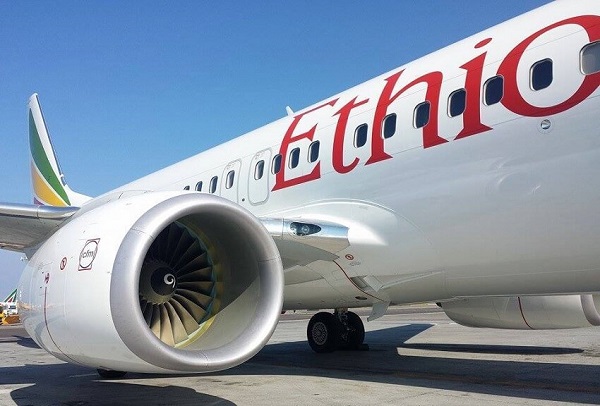Integration of African Airline pact Stalls

Sixteen years after 44 African states committed to opening their airline markets to regional competition, countries are still reluctant to do so, preferring to sign bilateral agreements with Middle Eastern and European states.
The African Union Commission aims to establish a single African air transport market by 2017 but implementation of the Yamoussoukro Declaration, signed in 1999 to effect this, has been slow.
According to a report by the International Air Transport Association, if 12 nations were to implement the Yamoussoukro Declaration, an extra 155,000 jobs and $1,3bn in annual gross domestic product (GDP) could be created. The 12 nations include South Africa, Angola, Nigeria, Kenya, Egypt and Ethiopia, among others. Africa’s aviation industry already supports 6.9-million jobs and contributes $80bn to GDP on the continent.
South Africa’s Transport Minister Dipuo Peters said on this week that the tendency of African states to sign “blanket bilateral agreements” with the Middle East and European countries eroded the spirit of Yamoussoukro. She was speaking in Pretoria at a meeting of the ministerial working group on air transport in Africa.
Ms Peters said African countries were reluctant to open their skies to each other, “yet open them to non-African countries through the ‘open skies and horizontal’ agreements. The fear of competition among African countries undercuts national airlines’ ability to enhance their commercial viability”.
“African countries must first link with (their) own African neighbouring countries before they can forge links with other countries.”
Last year the Department of Transport voiced concern that European and Asian airlines were getting better deals in Africa than African airlines. Of particular concern were Emirates and Turkish Airlines.
South Africa was able to sign decent bilateral agreements only with aviation markets that were not commercially viable, such as Togo and Mali. Getting bilateral agreements in viable aviation markets, like Nigeria, Angola and Mozambique, was difficult.
The transport department said a bilateral agreement between Nigeria and Emirates had led to Nigerians travelling to Dubai to shop there en route to São Paulo, instead of going via SA.
SA’s dispute with Emirates over the airline’s launch of a fourth daily flight from Johannesburg to Dubai has had to be pursued through diplomatic channels. Three days before the additional flight was scheduled to take off, in November, Emirates had to seek an urgent interdict against the transport department, saying it could not go ahead despite a bilateral agreement that provided for this.
Ms Peters said the airline industry was organising itself into cartels, with “two or three dominant firms” controlling most traffic through “monopoly airports in fortress regions embedded in national networks that rarely compete with each other”.
She questioned the benefit of global alliances such as the Star Alliance, of which South African Airways is part, and which services 27% of the international market. Ms Peters said the code-sharing practices of some alliances led to fewer discounted seats and choice of flights on some routes.
“Code-sharing creates a monopoly for airlines to sell tickets at whatever price they please because the carriers are prohibited from consulting and fixing fares,” she said.
Zimbabwe Transport Minister Obert Mpofu pointed to the varying size of airlines in Africa as the reason for the slow implementation of the Yamoussoukro Declaration. It could not be implemented uniformly because large airlines, “like South African Airways and Egypt Air”, were more developed than small airlines such as Air Zimbabwe.
“It also has to do with competitiveness. You’re a small airline competing with a giant and you need to meet certain obligations, which you cannot readily do because of your size while others can do that.”







